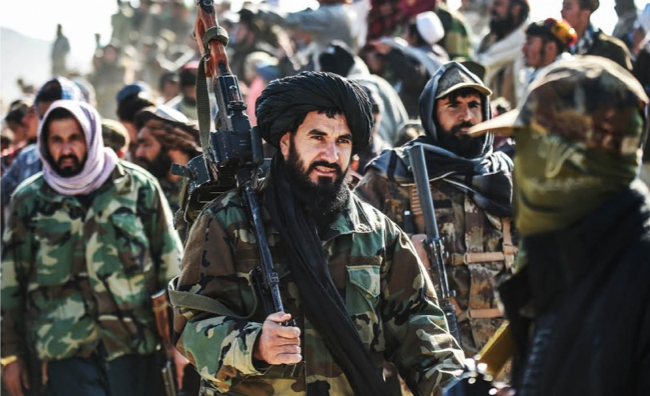Nineteen European Union member states and Norway have urged the European Commission to take immediate steps to repatriate Afghan nationals residing illegally in Europe, either through voluntary return programs or forced deportations — a move that could include negotiating directly with the Islamic Emirate of Afghanistan (IEA) authorities in Kabul.
The joint appeal, led by Belgium’s Minister for Asylum and Migration, Anneleen Van Bossuyt, was detailed in a letter addressed to Magnus Brunner, the EU Commissioner for Internal Affairs and Migration. Van Bossuyt confirmed the initiative on Saturday, saying the inability to deport Afghans — including those convicted of crimes — poses “a threat to public safety” and “undermines trust in the EU’s asylum system.”

The letter was signed by Austria, Belgium, Bulgaria, Cyprus, the Czech Republic, Estonia, Finland, Germany, Greece, Hungary, Ireland, Italy, Lithuania, Luxembourg, Malta, the Netherlands, Poland, Slovakia, Sweden, and Norway.
The countries urged the European Commission to place the return of Afghans at the top of its migration agenda and to begin discussions with the IEA administration on establishing a formal return agreement.
Van Bossuyt proposed that Frontex, the EU’s border and coast guard agency, take on a stronger role in coordinating voluntary returns through the EU Reintegration Programme. For forced returns, the ministers suggested prioritising individuals considered dangerous or criminal, potentially through a joint repatriation mission involving the European Commission, the European External Action Service (EEAS), and willing member states.
Since the IEA takeover of Afghanistan in 2021, European countries have lacked any formal return mechanism, as the EU does not recognize the IEA as the legitimate government. The absence of a repatriation framework has led to growing political pressure within the bloc, particularly among governments facing public concern over migration and security.
Germany, led by Chancellor Friedrich Merz’s conservative government, has already taken steps toward limited cooperation with the IEA on deportations. In July, Berlin conducted a flight returning 81 Afghan nationals, the first such operation since 2021. Merz’s government has signaled hopes that other EU states will follow suit.
However, the move drew criticism from the United Nations Refugee Agency (UNHCR), which maintains a “non-return advisory” for Afghanistan.
UN human rights officials have also voiced concern. Arafat Jamal, a representative of the UN Human Rights Office (OHCHR), said his team continues to document “ongoing human rights violations” in Afghanistan, including restrictions on women’s rights, arbitrary detentions, and targeted attacks.
Despite the humanitarian warnings, several European governments argue that establishing a structured return mechanism is necessary to uphold the credibility of Europe’s migration policies and ensure that those denied asylum can be lawfully repatriated.
